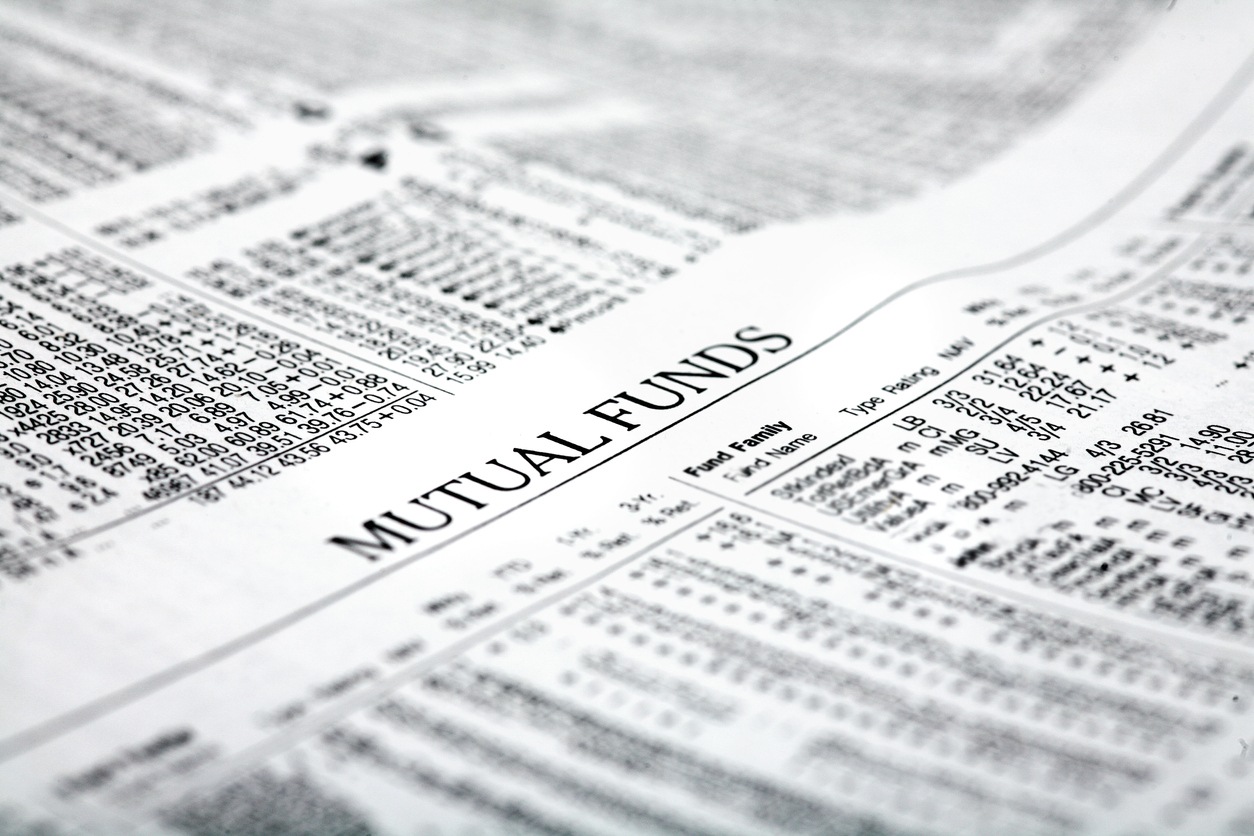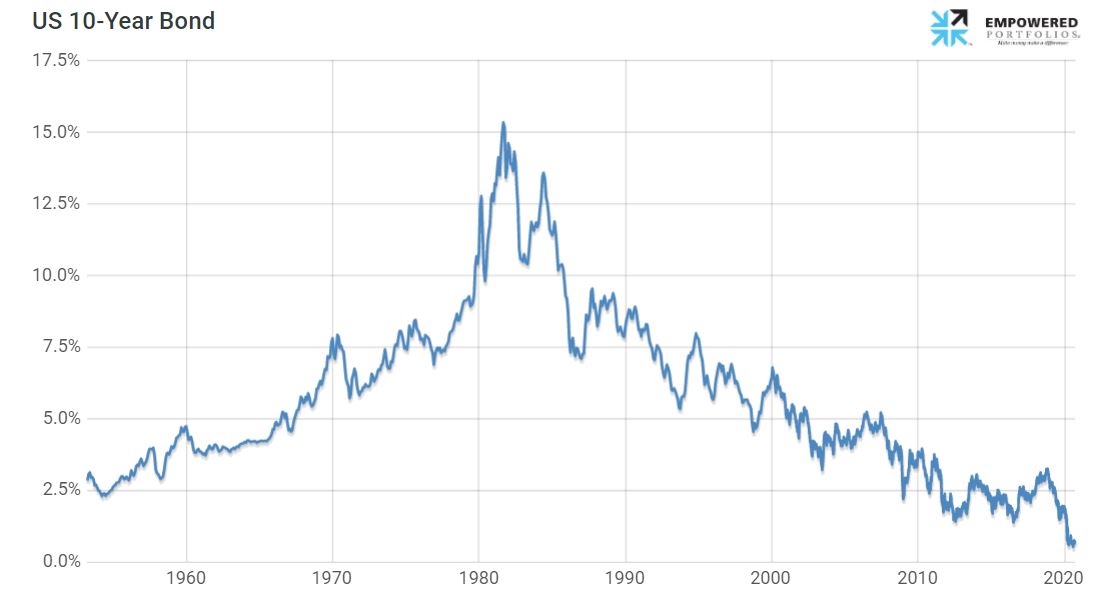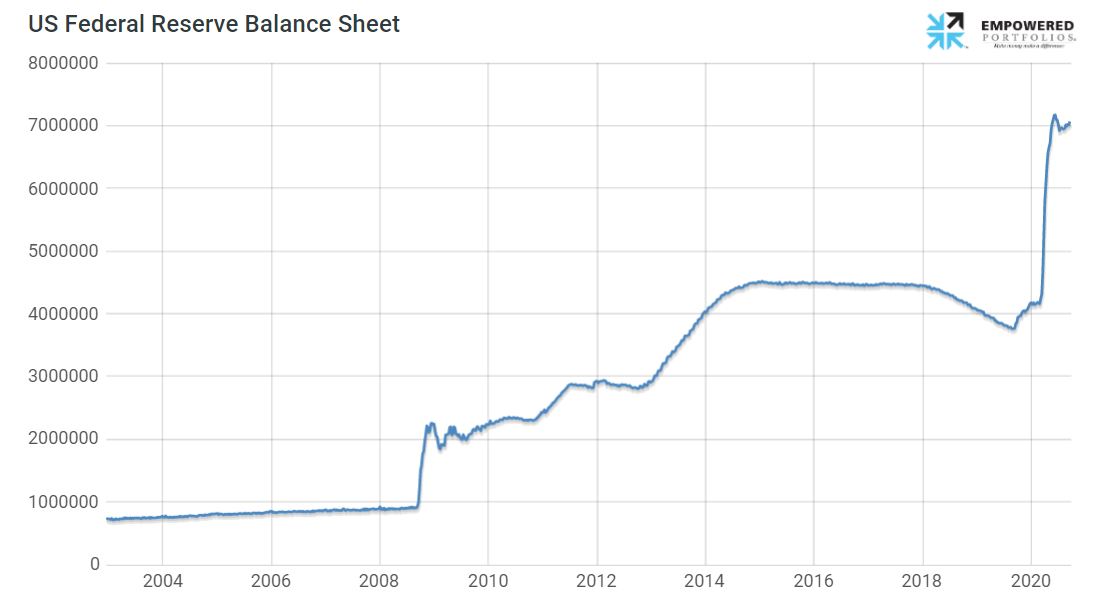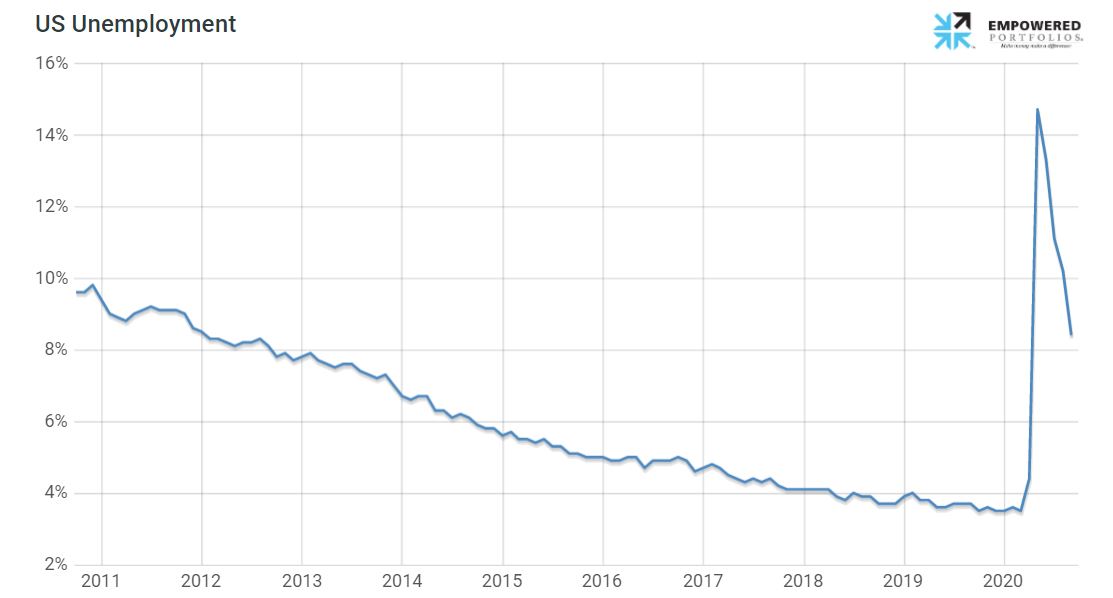gibing
Mutual Fund Models: Ask Questions & Know Your Alternatives
Operational Basics
For engaged investors, a description of mutual funds may not be needed, but for the less engaged, we begin with the basics.
Mutual Funds have been a resource to investors since the 1930s. A mutual fund consists of a management team that creates and continuously maintains a portfolio of securities, typically with a defined focus on a particular investment style or market segment, and with the goal of providing investment growth and/or income to investors who buy shares in the mutual fund. Shareholders delegate to the mutual fund management team the total and exclusive discretion to manage the mutual fund portfolio on behalf of shareholders. Each shareholder’s shares represent the identical mix and proportion of portfolio securities as every other shareholder, but in greater or lesser dollar values based upon the number of shares owned. Each shareholder is a “mutual owner” of the entire mutual fund with a pro-rata interest based on the dollar value of the shares owned.
BEWARE: Capital Gains Distributions & FORM 1099 Surprises
Each shareholder is also subject to the pro-rata sharing of the capital gains realized from the trading activity of the mutual fund management team. Yes, this means that mutual funds make capital gains distributions that are taxable in non-qualified (i.e., “taxable”) accounts to shareholders who didn’t sell anything.
THE WORD IS OUT re: 2023, and DATA IS AVAILABLE: Capital gains distributions by your mutual funds could be unusually high for tax year 2023, even in some cases where a mutual fund loses value for the year. Capital gains distributions can sometimes exceed 20% of the dollar value of the mutual fund shares, and some distributions have even exceeded 30% of the dollar value. Obviously, the math becomes particularly unpleasant where a large investor in a non-qualified account owns a high dollar value of mutual funds that are paying out capital gains distributions.
Ask questions. Know your alternatives.
It will be helpful to some to explain one of the major factors that generate capital gains in mutual funds. At the end of any trading day, mutual fund investors have the right to sell any number of their shares back to the mutual fund company, and the company has the obligation to buy those shares at the market price. If cash on-hand is not adequate to buy those shares, the fund managers can sell securities owned by the fund as needed to generate the cash needed for these “buy-backs” from shareholders. If net capital gains result from all such securities’ sales made during a tax year, those gains are attributable to each investor in the mutual fund on a pro-rata basis and reported to the IRS as “Capital Gains Distributions.” One disturbing factor that accompanies these Distributions is that they can occur even though a mutual fund has lost value for the year. (Note, again, that such Distributions are only taxable in non-qualified accounts.)
Rejecting the Large-Scale Reliance on Mutual Funds
We reject the large-scale outsourcing of investments to model portfolios such as mutual funds that we see today. Why? Because, in addition to the capital gains distributions and potential tax consequences already addressed above, mutual fund “models” are impersonal, treat every investor the same, and create another level of fees.
In contrast, our in-house active management of individual securities enables the opportunity to manage capital gains, capital losses, and tax consequences. Tax consequences are considered in advance of every transaction, and, when meaningful, discussed with clients in advance.
Our message is “be aware and know your alternatives.” We make limited use of mutual funds that fill important spaces in our portfolios. However, these mutual funds are well-vetted in advance for several factors including their management teams, management fees, and, of course, capital gains distribution history and projections.
And Capital Gain Distributions Can Impact Your Tax-Deferred Accounts, Too!
Often when a mutual fund manager is distributing capital gains, this may cause a strong catalyst or incentive for your fellow mutual fund shareholders to sell their shares and cause an unfortunate cycle of managing liquidations and thereby potentially not giving full attention to the intended investment strategy–At the very least, this situation is a distraction for the mutual manager you are paying to make money on your behalf.













